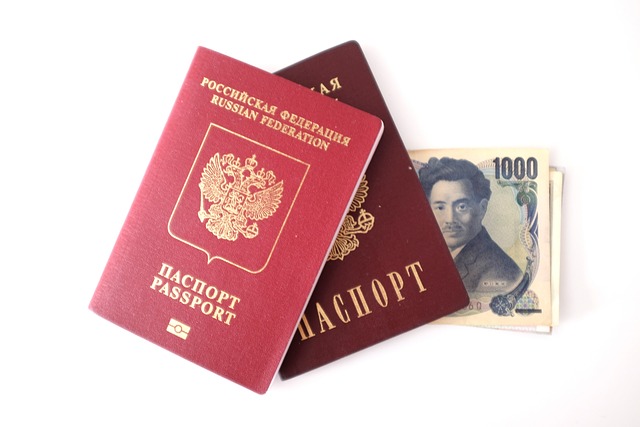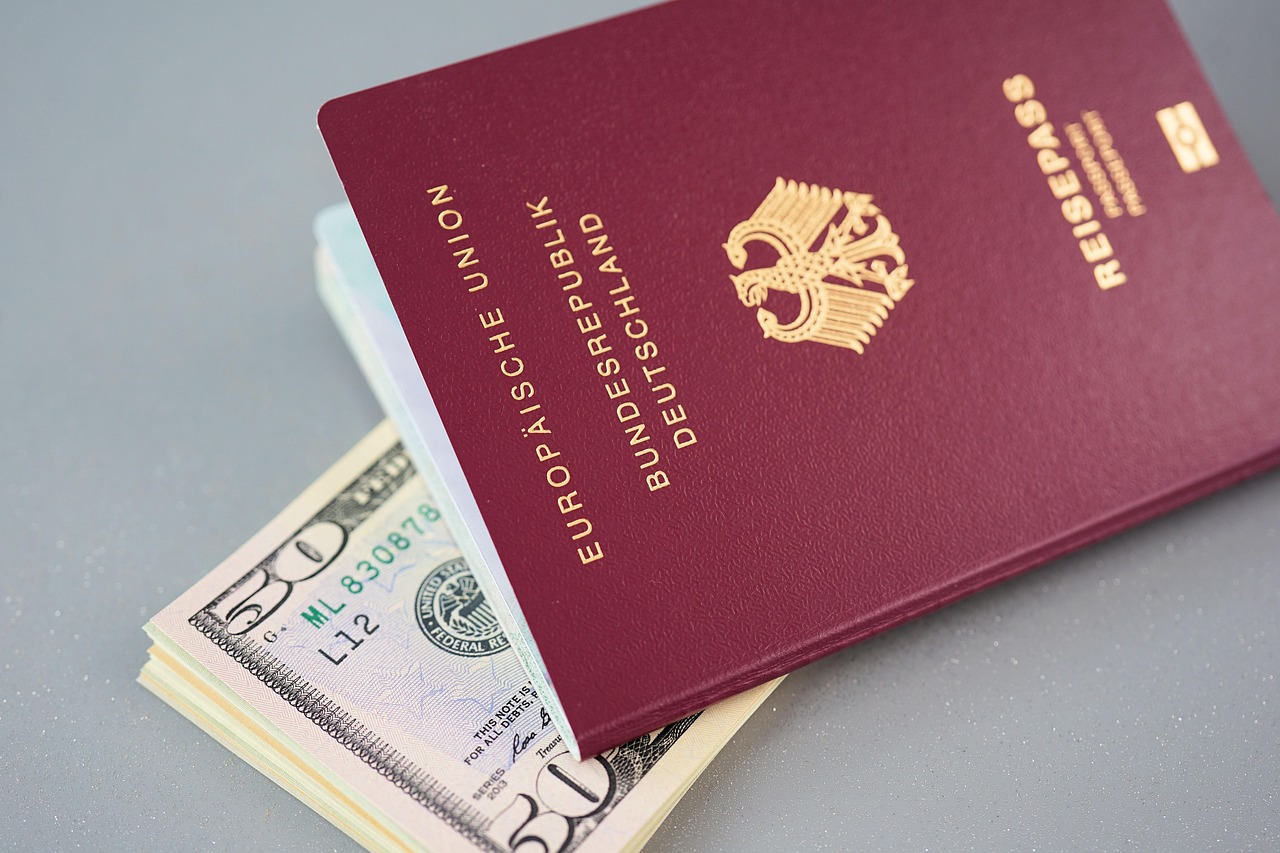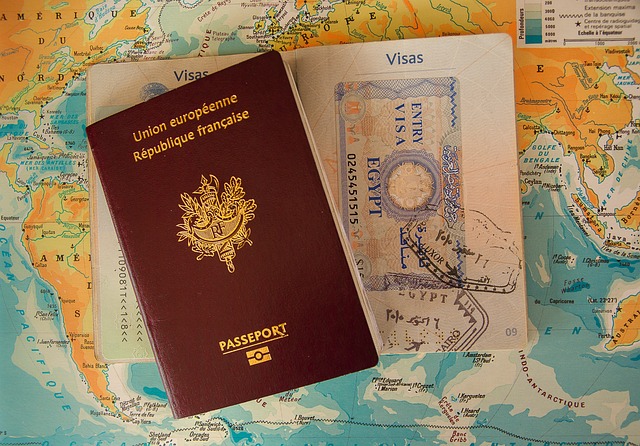Tips for a Successful Citizenship Application

Obtaining citizenship in a new country is a significant milestone that offers numerous benefits, including the right to vote, access to social services, and the ability to live and work without restrictions. However, the citizenship application process can be complex and time-consuming, requiring careful preparation and attention to detail. Whether you’re applying for citizenship in Switzerland, the United States, Canada, or any other country, these tips will help you navigate the process and increase your chances of success.
1. Understand the Eligibility Requirements
Before starting your citizenship application, it’s essential to understand the eligibility criteria for the country you’re applying to. Common requirements include:
- Residency: Most countries require a minimum period of legal residency, often ranging from 3 to 10 years.
- Language Proficiency: Many countries require applicants to demonstrate proficiency in the official language(s).
- Good Character: Applicants must typically provide a clean criminal record and demonstrate good moral character.
- Financial Stability: Proof of financial self-sufficiency is often required to ensure that applicants will not rely on social assistance.
- Knowledge of the Country: Some countries require applicants to pass a citizenship test covering history, government, and cultural knowledge.
2. Gather and Organize Required Documents
Citizenship applications require a variety of documents to prove your identity, residency, and eligibility. Common documents include:
- Passport and Birth Certificate: To prove your identity and nationality.
- Residence Permits: To demonstrate your legal residency in the country.
- Proof of Address: Such as utility bills or rental agreements.
- Tax Returns and Employment Records: To show financial stability.
- Language Certificates: If language proficiency is required.
- Criminal Record Check: To prove good character.
Tip: Ensure that all documents are up-to-date, translated into the required language (if necessary), and certified or notarized as required.
3. Meet Residency Requirements
Residency requirements are a critical component of most citizenship applications. To meet these requirements:
- Maintain Continuous Residency: Avoid long absences from the country, as this can interrupt your residency period.
- Keep Records: Maintain detailed records of your entry and exit dates, as well as proof of your presence in the country (e.g., employment records, school enrollment).
- Renew Permits on Time: Ensure that your residence permits are always valid and renewed promptly.
4. Prepare for Language and Citizenship Tests
Many countries require applicants to pass language and citizenship tests. Here’s how to prepare:
- Language Tests: Enroll in language courses and practice regularly. Consider taking practice tests to familiarize yourself with the format.
- Citizenship Tests: Study the country’s history, government structure, and cultural values. Many countries provide study guides or sample questions online.
Tip: Start preparing early to give yourself enough time to build your knowledge and confidence.
5. Demonstrate Integration and Good Character
Citizenship applications often require proof of integration into the local community and good moral character. To demonstrate this:
- Participate in Community Activities: Volunteer, join local clubs, or participate in cultural events.
- Build Relationships: Establish connections with locals and show a genuine interest in the country’s culture and traditions.
- Avoid Legal Issues: Maintain a clean criminal record and comply with all laws and regulations.
6. Seek Professional Assistance
The citizenship application process can be complex, and professional assistance can be invaluable. Consider:
- Immigration Lawyers: An experienced lawyer can help you navigate the legal requirements and avoid common pitfalls.
- Consultants: Immigration consultants can provide guidance on document preparation and application procedures.
- Language Tutors: If language proficiency is a requirement, a tutor can help you improve your skills and prepare for tests.
7. Submit a Complete and Accurate Application
A well-prepared application increases your chances of success. Here’s how to ensure your application is complete and accurate:
- Follow Instructions: Carefully read and follow the application instructions provided by the immigration authorities.
- Double-Check Documents: Verify that all required documents are included and correctly filled out.
- Pay Fees: Ensure that all application fees are paid and receipts are included.
- Submit on Time: Submit your application before the deadline and keep copies of all documents for your records.
8. Be Patient and Persistent
The citizenship application process can be lengthy, often taking several months or even years. To stay on track:
- Monitor Your Application: Keep track of your application status and respond promptly to any requests for additional information.
- Stay Informed: Keep up-to-date with any changes to citizenship laws or requirements that may affect your application.
- Be Patient: Understand that delays can occur and remain patient throughout the process.
9. Prepare for the Interview
Some countries require an interview as part of the citizenship application process. To prepare:
- Review Your Application: Be familiar with all the information you provided in your application.
- Practice Common Questions: Prepare answers to common interview questions about your background, residency, and reasons for applying for citizenship.
- Dress Appropriately: Make a good impression by dressing professionally and arriving on time.
10. Celebrate Your Success
Once your citizenship application is approved, take the time to celebrate your achievement. Becoming a citizen of a new country is a significant milestone that opens up new opportunities and experiences.



